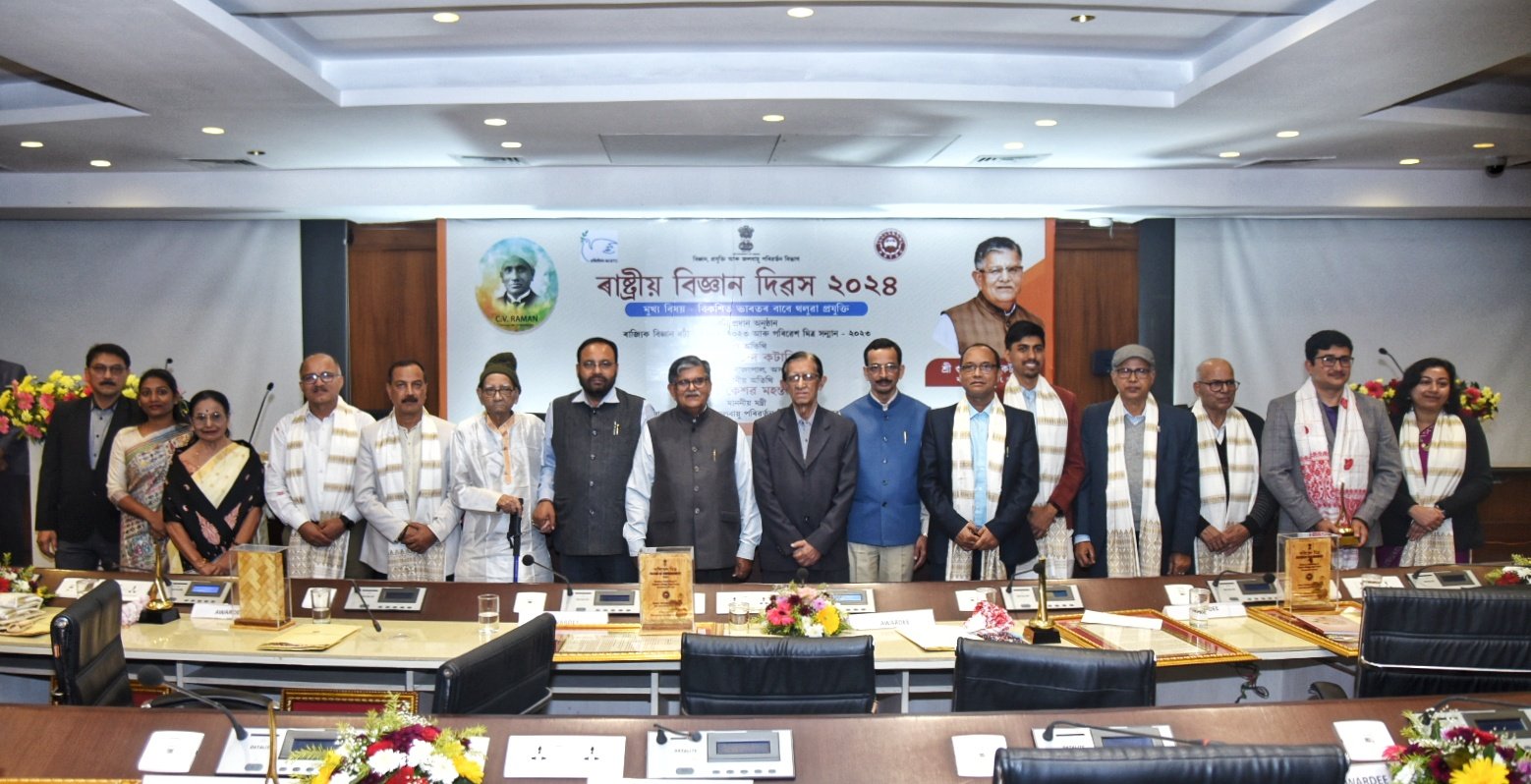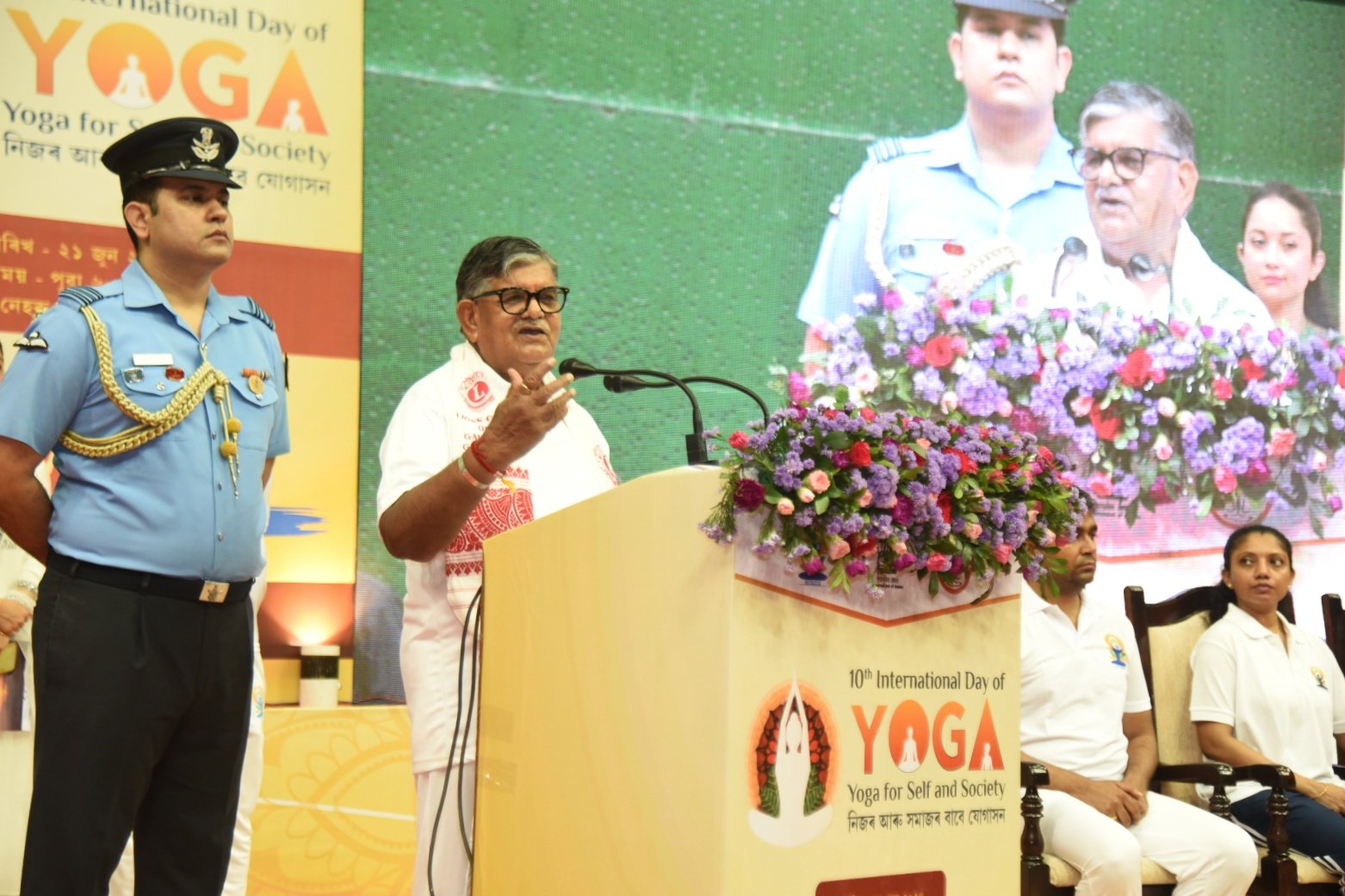HT Correspondent
TEZPUR, Oct 22: Innovative research by three researchers at Tezpur University has offered a practical, eco-friendly tool for ensuring fish quality. Monica Yumnam, a research scholar under the guidance of Prof Poonam Mishra from the department of Food Engineering and Technology, has developed an innovation that detects chemical spoilage in fish. This innovation has been recognised with the Gandhian Young Technological Innovation (GYTI) Award-2023 for its potential to safeguard public health, reduce food waste, and transform the monitoring of fish quality across the supply chain. The work was carried out in collaboration with Prof Pabitra Nath from the department of Physics, Tezpur University. The GYTI Awards celebrate the spirit of student innovation across all fields of engineering, science, technology, and design through extremely affordable/frugal solutions or those pushing the technological edge. The awards are presented by the Society for Research and Initiatives for Sustainable Technologies and Institutions (SRISTI).
The work, titled ‘Customer-Friendly Smartphone-Based Portable Optical Device for Determination of Chemical Spoilage of Fish Suitable for Field Analysis’, offers a game-changing alternative. The smartphone-integrated device is affordable, efficient, and portable. It uses a polyaniline (PANI) sensor, a pH-sensitive polymer specific for ammonia detection, which changes colour as the fish deteriorates.
Users can simply place the sensor over the fish and insert it into the device. The smartphone’s camera detects the colour change, and a dedicated Android app provides real-time spoilage analysis. Lab tests confirmed the sensor’s accuracy, matching the reliability of high-end equipment with over 95 percent precision.
Beyond food safety, this innovation addresses key economic and social challenges. In regions with limited access to electricity and refrigeration, maintaining fish quality is a persistent struggle. The device represents a significant leap forward, offering a practical alternative to costly lab equipment and inconsistent human judgement. It provides an eco-friendly tool for fish quality assurance, reducing waste, enhancing food safety, and making advanced spoilage detection accessible to all.
“I am immensely proud of our researchers for their exceptional achievements,” stated Prof Shambhu Nath Singh, vice-chancellor of the University. “Their dedication and innovative spirit have brought great honour to the University,” he added.












